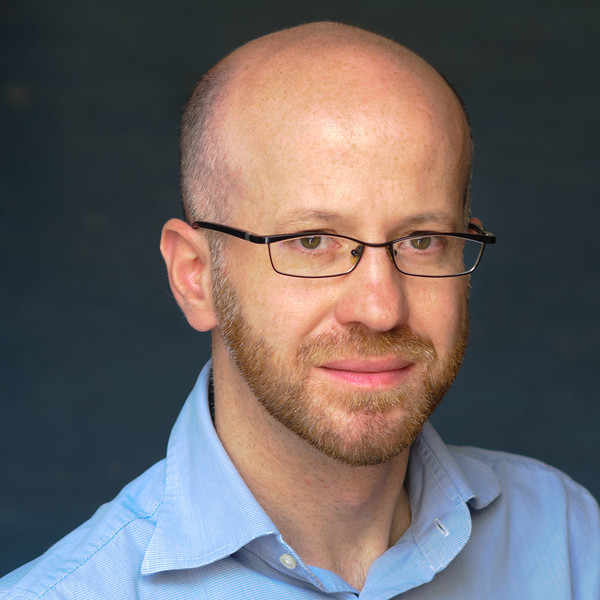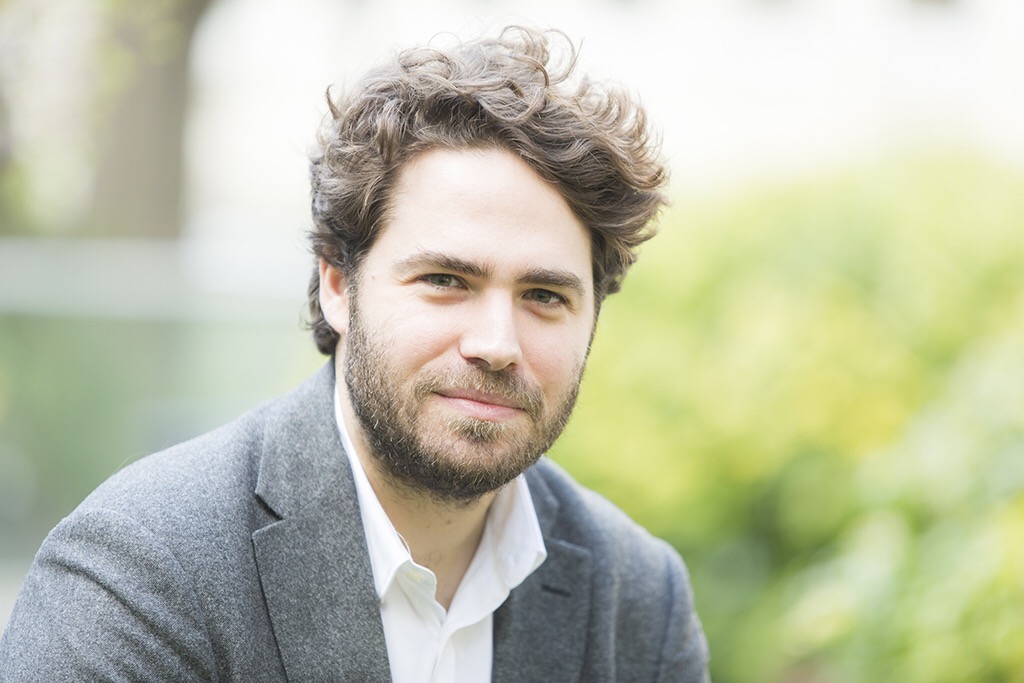Schedule
Invited Speakers
Simon Dedeo

|
Drawing on his training in the mathematical sciences, Simon DeDeo investigates the emergence of collective phenomena in biological and social systems. In many cases, these allow groups to solve problems better than any of their individual parts. He combines methods developed to study, on the one hand, "unintelligent" physical phenomena, and on the other hand, engineered systems, to study evolved and adaptive phenomena in the living world. He works in collaboration with researchers in fields ranging from neuroscience to animal behavior to human social systems. Simon holds an A.B. in astrophysics from Harvard, a Master’s in applied mathematics and theoretical physics from Cambridge University, and a Ph.D. in astrophysical sciences from Princeton University. His recent past includes post doctoral fellowships at the Institute for Physics and Mathematics of the Universe at the University of Tokyo and at the Kavli Institute for Cosmological Physics at the University of Chicago. |
Sergio Andreozzi
| Sergio is strategy and policy manager of the EGI Foundation, the coordinating body of the EGI federation (e-infrastructure supporting data- and compute-intensive research and innovation). He contributes to strategic planning and execution, governance, business models and to the evolution of the service roadmap. Sergio is also member of the EC Open Science Policy Platform. He holds a PhD in Computer Science (University of Bologna) and a MSc in Computer Science Engineering (University of Pisa). |
Thomas Landrain
| Thomas Landrain is cofounder and president of La Paillasse, the first french and one of the world largest community labs that foster open science and technology. He claims that there is no monopole for great ideas and has been working on re-founding the concept of laboratory for the upcoming era of collective intelligence, fast prototyping and big data within an open framework. He first did a career in academia after graduating from Ecole Normale Superieure and co-founding the first french synthetic biology lab at Genopole where he did his PhD. He is also the co-founder and CEO of the young startup PILI that created the first inks to be biologically synthesised by bacteria. Last but not least, Thomas is a strong advocate of open science and biohacking/DIYbio, travelling the world as a speaker to share his visions and thoughts on the upcoming open biotech revolution. |
Journal Publications
After the workshop, the organization committee will invite selected contributions to submit a paper to be published, after peer review, in the Data Science journal by IOS Press.
Call for Participation
The objective of the workshop is to deliver a quantitative understanding of the socio-technical mechanisms involved in open and citizen science. The event will also touch upon practical implementation issues, with talks on software development and best practices. Time and space will be provided to foster emerging ideas and data science projects in the field of complex systems.
The workshop will alternate between keynote addresses , selected talks and self-organized un-conference breakout sessions in smaller groups of interest. Short presentations of the findings of each breakout interest group will be held in plenary session.
We welcome all forms of contributions, such as GitHub repositories, IPython/Jupyter Notebooks, URLs pointing to active open science or citizen science projects.
We won't run an easychair submission, but if you want to contribute a traditional research abstract, this is totally great too: You can either send a link to a shared file (Dropbox, Google Docs), or even send us a pdf per email (c.f. below). We want everyone have a chance to express her or his views and contribute.
Additionally, we highly encourage work in progress submissions, as they foster fruitful interactions and potential follow-up collaborations.
The submission process is fully open and inclusive, and every relevant submission will be alloted a short oral presentation. However, the organizing committee will hand-pick up to 6 talks for a longer presentation (10 minutes + 5 minutes for questions)
Before, during and after the workshop, all contributions will be shared and discussed publicly online by the community .
Please, send an URL link pointing to your great work on Twitter with handle @opensciccs or per email: maillart@berkeley.edu
Important dates
There is no formal deadline to make a contribution. However, if you wish to have a chance being selected for a long talk (10 minutes + 5 minutes for questions), we recommend that you send a link to your work (resp. send an abstract per email or as shared document) before August 2016.
We will also advertise accepted talks on Twitter @opensciccs.
Registration
All the participants to the satellite workshop (with or without abstract submission) must register for the Conference on Complex Systems 2016. The Early Bird registration deadline is 30th June 2016.
Selected talks
Selected talks will be listed on this page on Monday, 27th June 2016 and announced on Twitter @opensciccs.
Organization
This one-day CCS’2016 satellite workshop is intended to be socially driven (we will organize a special drinks / dinner gathering for participants the night before), and highly interactive. To foster active knowledge exchange, presentation sessions will alternate with self-organized unconference sessions with informal discussions around self-selected topics.
Organizers:
- Thomas Maillart, UC Berkeley, USA
- Tobias Kuhn, VU Amsterdam, The Netherlands
- Giovanni Luca Ciampaglia, Indiana University Bloomington, USA
- Floriana Gargiulo, University of Namur, Belgium
- Matteo Gagliolo, Université Libre de Bruxelles, Belgium
- Michael Szell, Northeastern, USA
- Onur Varol, Indiana University Bloomington, USA
Contact
| Open Science Society | |
| @opensciccs | |
| open-science-society@googlegroups.com |

